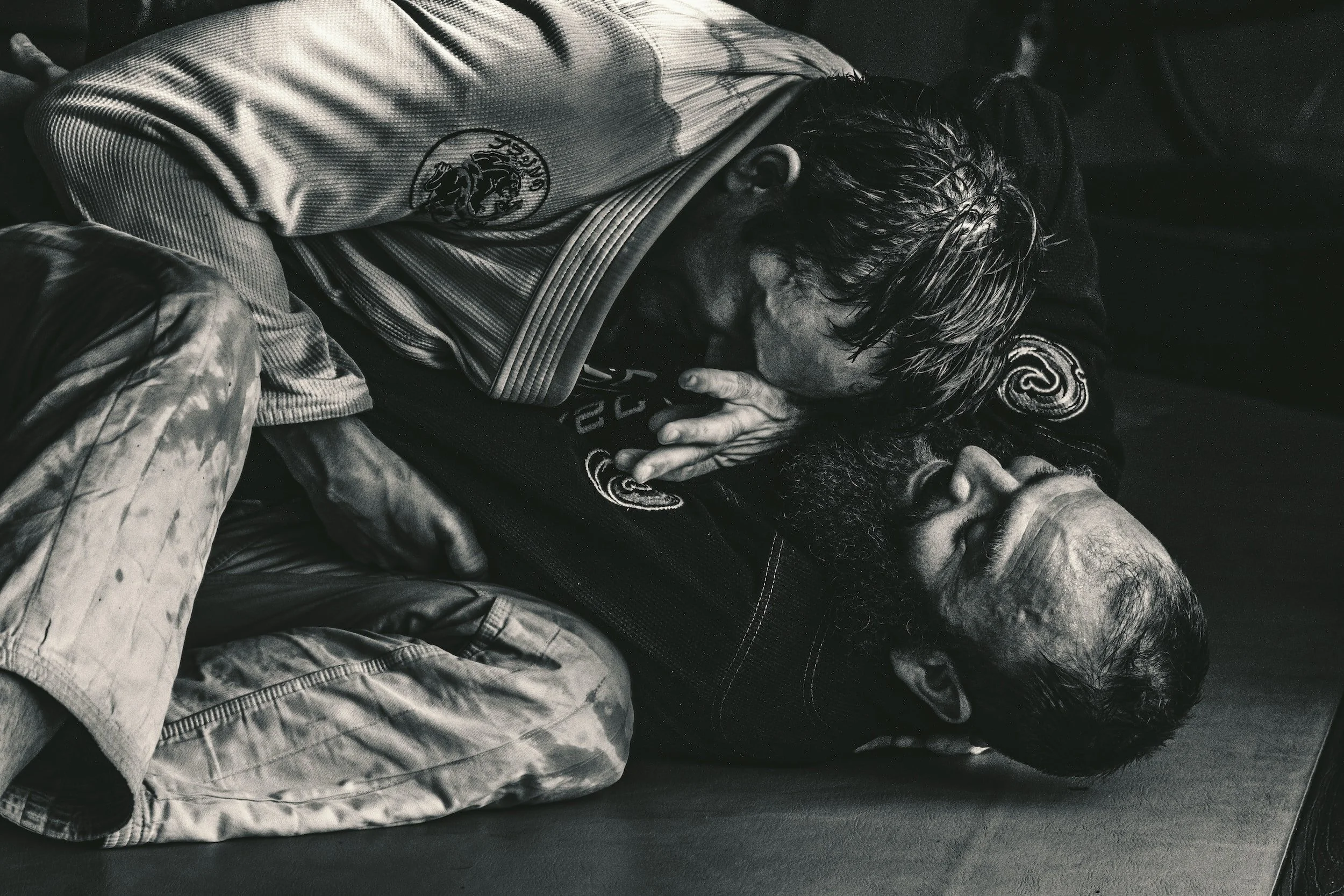[Bite-Sized] Video #1 of The Rhythm Of Learning Mini-Course
“Play is the bridge between mastery and mystery, chaos and control, the foolishly brave and the bravely foolish.”
How can these 3 lessons help you learn and become a better martial artist, mover and Jiu-Jiteiro? Let’s explore, but first let’s start off with a nice little quote from Karl Jung.
“The creation of something new is not accomplished by the intellect but by the play instinct acting from inner necessity. The creative mind plays with the objects it loves.”
Please re-read that last sentence in the quote above. That's a very important detail concerning out first lesson.
There are many types of play. If you were to read Play by Dr. Stuart Brown you would be introduced to many different forms of play. For us however, we’re only concerned with 3 broad areas of play known as primal, practical and free.
Primal Play is the kind of play that young animals do to prepare for their adult lives. Think rough and tumble play. Think wrestling. Roughhousing!
The Gracie Games are an excellent example of using primal play as a teaching tool. I personally use the Gracie Games with all three of my young sons and they have truly learned and understand the movements.
Practical Play is play as a means to an end.
Play as a direct way to learn our way around something. What do you say when you’re working on a new technique? “Let me play around with this for a while…” We say the same thing when we get new software or tool out in the garage.
You can read the manual all you want but without picking it up and getting your hands dirty…playing around with it, you’re never really going to learn it deeply.
Think Randori in a Judo Dojo.
We had a great term at my Judo school, “smiling randori.” Randori or sparring performed with a smile on our faces. Still working on technique and sweating but for the mutual benefit of everyone involved. Practical play and Primal play are closely related in many situations.
And finally we have Free Play. Free Play is exactly what it sounds like. Free. No other motive other than the play itself. Joy and happiness.
But here comes the struggle. Most people feel like you need to forego play and fun to learn. That training should be serious and stoic.
But is that true? No, not at all.
I’d like to introduce you to a wonderful essay written by Alfred North Whitehead (1861-1947) entitled “The Rhythmic Claims of Freedom and Discipline.”
In this essay Whitehead states that freedom, play and discipline are not antagonistic, but should be adjusted in your life in a natural sway, too and fro, a natural form of periodization if you will.
Whitehead actually has three stages of learning. Romance. Precision and Play…
Whether academic or motor, all learning starts on the 1st stage: The Romance or Initial Play stage.
This is a stage of discovery, of curiosity, of imagination, of playing around with images in our heads and our hearts. Of exploring movements with our bodies that are new to us…foreign. Different.
There is no right or wrong during this stage. Only exploration.
So don't worry about the details. That's coming up within the second stage, so please keep an eye out for lesson #2 coming shortly.

